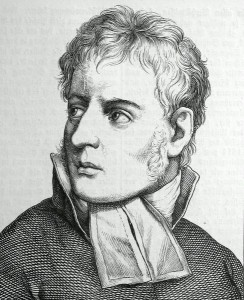(For the sermon that this is an excerpt from, go here.) The book of Hebrews is a work that trains us to hear the voice of God when we read Scripture. And it not only trains us to hear God’s voice, it trains us to focus especially on what God himself emphasizes, and one way God emphasizes things is by swearing solemn oaths in a few key places in Scripture. But Hebrews also provides training in how to hear when... Read more
















